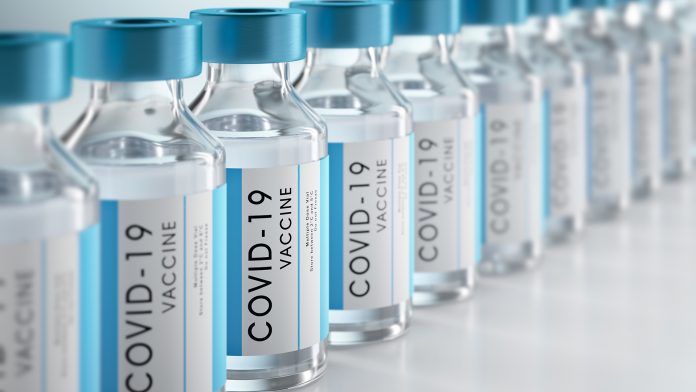
US research has signified that Mixing Covid vaccines – having separate doses of two different Covid vaccinations – is both safe and effective.
The study, led by researchers from the Baylor College of Medicine, Houston, and the University of Maryland School of Medicine, Baltimore, found that people who received a complete regimen of any of the three Covid vaccines granted Emergency Use Authorisation (EUA) or approved by the Food and Drug Administration (FDA) were safe to mix with a booster dose of any these vaccines and elicited an immune response. The research may aid in reducing vaccine hesitancy among people concerned about the dangers posed by mixing Covid vaccines.
The results of this preclinical trial, which started in May 2021, are published in The New England Journal of Medicine, serving as the basis of recommendations for the FDA and CDC to authorise mixing Covid vaccines in the US. The phase 1 and 2 trial is funded by the National Institute of Allergy and Infectious Diseases (NIAID), with additional data expected to be published in the next few months.
The safety of mixing Covid vaccines
The trial included 458 adults who had received their full vaccinations with any of the three EUA Covid vaccines at least 12 weeks before enrolment and who had no prior history of SARS-CoV-2 infection. The participants were administered a single booster dose upon enrolment. 150 received Janssen/Johnson & Johnson’s Ad26.COV2.S vaccine; 154 received Moderna’s mRNA-1273 vaccine; and 154 received Pfizer-BioNTech’s BNT162b2 vaccine.
The individuals were given a booster vaccine that was either different (mixed or heterologous) than or the same (matched or homologous) as their original Covid vaccine regimen. Participants logged any potential side effects, with over 50% reporting headache, pain at the injection site, muscle aches, and malaise; however, no serious vaccine-related events were reported.
Enhancing antibody levels
The investigation revealed that all combinations of primary and booster vaccines achieved increased neutralising antibody levels – ranging from 4.2- to 76-fold higher levels than the ones recorded prior to the boost. Moreover, all primary booster combinations increased binding antibody levels 4.6- to 56-fold.
Heterologous boosts resulted in similar or higher antibody responses compared to responses to a homologous booster for each primary EUA Covid vaccine. The cellular responses – CD4 and CD8 T cells – were enhanced in all but the homologous Ad26.CoV2.S-boosted group. Furthermore, CD8 T cells were highest at baseline in people who received the Ad26.CoV2.S EUA vaccine.
The team concluded: “These data strongly suggest that homologous and heterologous booster vaccines will increase protective efficacy against symptomatic SARS-CoV-2 infection.”
The investigation comprised immunogenicity data for the 29 days following booster vaccination; the researchers are following the participants for 12 -months to examine the long-term impacts of mixing Covid vaccines. Further aspects of the trial may assess other investigational, EUA or FDA-approved Covid vaccines or vaccines based on SARS-CoV-2 variants.










